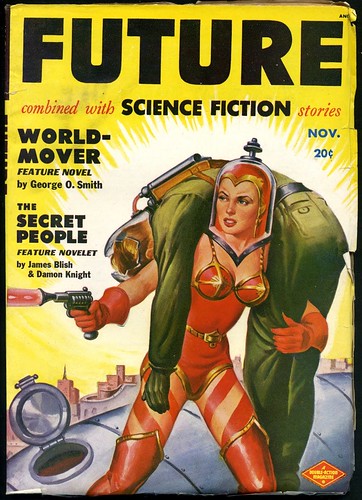Lately, I have been spending my days alternately at the British Library and the Dickens Museum, and my evenings at the
British Newspaper Archive, looking up this and that. Suffice to say, I have read my share of old newspapers, magazines, journals, reviews, gazettes, couriers, and heralds.
On Friday I found something interesting: a newspaper notice that seemed to have travelled back in time. Which made me rather excited.
But first some background.
As you may know, Charles Dickens left
The Mystery of Edwin Drood unfinished when he died in 1870, and I wrote my PhD on the many people who have tried to figure out where it would have ended had he lived (and those who tried to complete it for him -- with or without posthumous help).
Now, by 1914, this had developed into quite a phenomenon, and the last decade had involved not only some of the Britain's finest magazines and newspapers, but some of its most famous names and most active writers in the attempt to figure out once and for all the mysteries of Dickens' novel (and make some money for charity in the process).
At the heart of the matter there is, as the title suggests, the mystery of Edwin Drood -- namely, what has happened to him. Has he, as the text would seem to suggest, been murdered by his uncle, John Jasper? Or has he, in preparation for a fantastic reveal, survived the attempt? And this is not the only question to be ...



« ‹ › »